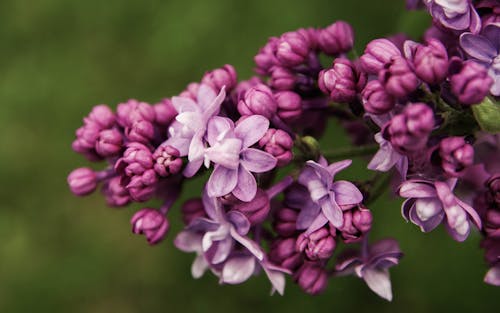
Allergy Season Isn’t Over Yet This Fall
• Ragweed and mold are primary triggers for fall allergies, causing symptoms like sneezing and congestion.
• Damp conditions and decaying leaves contribute to increased mold spore counts during autumn.
• Strategies to reduce fall allergy symptoms include monitoring pollen counts, improving indoor air quality, and consulting an allergist for severe cases.
Fall brings allergies, not just foliage
Fall is often associated with beautiful foliage, cozy sweaters, and pumpkin spice lattes. However, for many, it also marks the continuation, or even peak, of allergy season. While spring gets much of the blame for pollen-related woes, several factors contribute to persistent allergies well into the autumn months.
Related News